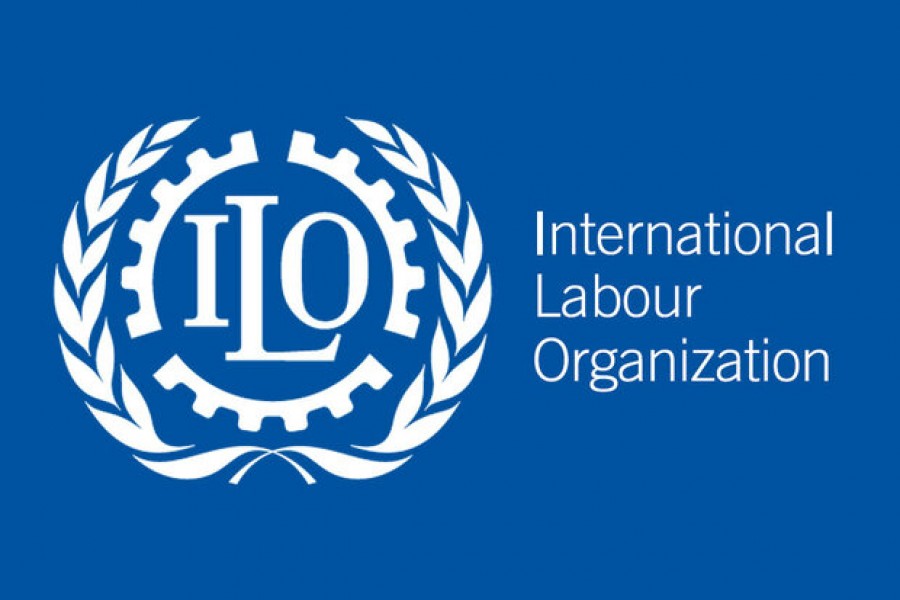Bangladesh has asked the International Labour Organisation (ILO) not to use the country's weakness in the labour sector as a tool to achieve political gains.
While addressing a national conference in Dhaka, titled 'Bangladesh-ILO: 50 years of partnership in decent work', Foreign Minister Dr A K Abdul Momen made the request, saying, "Don't use labour weakness, if there be any, as a tool to achieve political gains."
The minister at the same time urged the ILO and other international agencies to provide generous support and financing to remove such weaknesses.
Mr Momen also asked the ILO to align its work with the country's national development strategy and not to be guided by any donor-driven agenda.
Like many other developing countries, Bangladesh also had some tragic incidents in the labour sector, but the ILO and other agencies should not 'drag the country to the unfortunate past', he said.
He suggested that the ILO should concentrate more on the development and well-being of the immigrant workers, saying that they are the development partners of the host country and that they need protection.
Referring that ILO had earlier taken various projects with public and private agencies without consulting the labour and employment ministries, the minister advised the organisation to inform the ministries concerned before taking any projects.
Speaking on the occasion, Foreign Secretary Masud Bin Momen said that very often unjust allegations regarding the labour sector were brought against the country by certain quarters.
But Bangladesh had never shied away from defending its case in response to such allegations, he said.
Bangladesh is confident about its national priority, and it needs not be intimidated by the designs of certain national and international actors, he added.
Delivering his speech at the conference, Secretary of the labour and employment ministry Mohammad Ehsan E Elahi said that Bangladesh had amended its labour rules in line with recommendations of the ILO and the European Union.
But it is not possible to accommodate all the recommendations of the donors, he added.
Moinul Kabir, secretary of the law, justice and parliamentary affairs ministry, said the informal sector should also be taken into account while reforming the labour sector.
The informal sector accounts for 63.6 per cent of the GDP, he said, adding that more than 70 per cent of the total labour force in the country were employed in the informal sector.
Ms Chihoka Asada, Regional Director for the Asia Pacific region of ILO, said they would continue to support various policies to ensure that women and men from Bangladesh have inclusive and equitable access to decent and productive migration.
It is crucial to ensure decent work for all, including 15 million indigenous people living in the hill tracts and in plain land, she said.
"Additionally, there are 100,000 tea-garden workers of whom 50 per cent accounts for women and ethnic tribal groups who migrated from India…"
"…ILO, together with other UN agencies, is ready to expedite this process by supporting the modernisation of the tea industry and improving the working environment and social protection of tea workers. This will support efforts to ensure decent work for the most behind group of workers," she added.
Ardashir Kabir, president of the Bangladesh Employers' Federation, said Bangladesh had a huge informal sector which was responsible for over 85 per cent of total employment in the country.
Monitoring the activities in the informal sector is difficult for any country, observed Mr Kabir.
Bangladesh also has an underemployment problem, while workers here tend to take jobs forgetting their rights in the workplace, he added.
ILO Country Director Tuomo Poutianen told the conference that he had seen many improvements in the labour sector in recent times.


